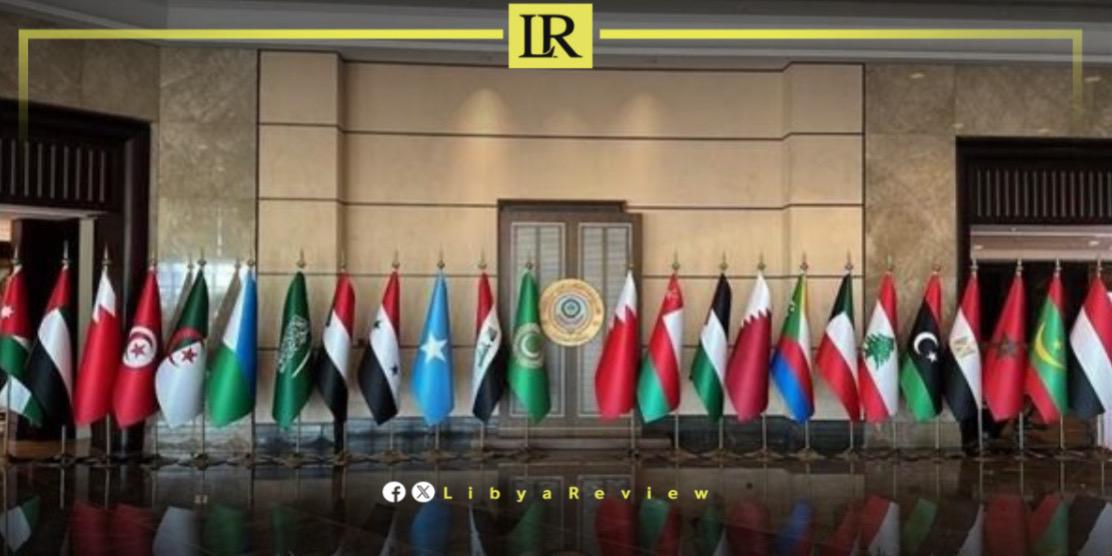The Arab leaders have unequivocally declared support for Libya, affirming the nation’s sovereignty, independence, and territorial integrity, calling for an end to all foreign interference in its internal affairs.
In the final communiqué, the 33rd Arab Summit leaders demanded the timely withdrawal of all foreign forces and mercenaries from Libyan soil. This resolution underscores the region’s commitment to restoring peace and stability in Libya, which has been grappling with chaos since the 2011 uprising that toppled Muammar Gaddafi.
Moreover, the declaration urged Libya’s House of Representatives and the High Council of State to expedite the agreement on electoral laws. This is viewed as a critical step toward facilitating national elections, which are essential for consolidating Libya’s governance structures and moving beyond the protracted transitional period.
The summit also affirmed support for efforts to achieve a political settlement in Libya that aligns with established international frameworks. This support reflects a shared Arab commitment to a diplomatic resolution that upholds Libya’s political unity and stability.
These resolutions from the Arab leaders come at a crucial juncture as Libya struggles with the presence of foreign mercenaries and military actors, which have complicated the security landscape. The summit’s outcomes aim to foster ongoing peace initiatives and encourage Libyan factions to collaborate more effectively toward establishing a cohesive government.
This significant regional backing highlighted by the summit’s final statement offers renewed hope for Libya’s path to stability, with the Arab community standing in solidarity with Libya’s aspirations for peace and national reconciliation.
Libya has been in chaos since a NATO-backed uprising toppled longtime leader Muammar Gaddafi in 2011. The county has for years been split between rival administrations.
The planned elections for December 2021 were delayed due to disagreements over election laws and the eligibility of certain candidates. This delay has raised concerns about the feasibility of a peaceful political transition.
Despite the ceasefire, security remains a significant concern with sporadic fighting and the presence of mercenaries and foreign fighters. The unification of the military and the removal of foreign forces are crucial challenges.


